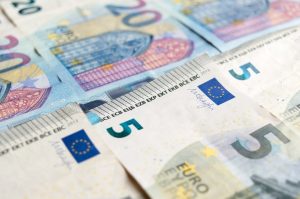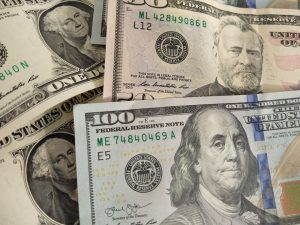Forex trading is one of the most popular forms of trading in the world, and it is estimated that the daily turnover in the global forex market is more than $5 trillion. Banks are one of the biggest players in the forex market, and bank traders play a crucial role in executing forex trades on behalf of their clients. In this article, we will take an in-depth look at how bank traders trade forex.
To begin with, it is important to understand that banks trade forex for a variety of reasons. Banks trade forex to earn a profit for themselves, to manage the risks associated with their own operations, and to execute trades on behalf of their clients. Bank traders are responsible for executing these trades, and they use a variety of strategies to do so.
One of the primary strategies used by bank traders is known as fundamental analysis. Fundamental analysis involves analyzing economic and political factors that can affect the value of a currency. Bank traders will analyze data such as GDP, inflation rates, interest rates, and political developments in order to make informed decisions about when to buy or sell a currency.
Another important strategy used by bank traders is technical analysis. Technical analysis involves studying charts and other technical indicators in order to identify trends and patterns in the market. Bank traders will use technical analysis to identify key levels of support and resistance, and to determine when to enter or exit a trade.
In addition to these strategies, bank traders also use a variety of tools and platforms to execute trades. Many banks have their own proprietary trading platforms, which allow traders to execute trades quickly and efficiently. These platforms also provide real-time market data and analysis tools, which are essential for making informed trading decisions.
Another important tool used by bank traders is algorithmic trading. Algorithmic trading involves using computer programs to execute trades based on pre-determined rules and parameters. Bank traders will use algorithms to execute trades automatically, which can help to reduce the risk of human error and increase the speed and efficiency of trading.
Finally, it is important to note that bank traders are subject to a variety of regulations and guidelines. Banks are heavily regulated by government agencies, and bank traders must adhere to strict guidelines and ethical standards in order to ensure the integrity of the market. This includes avoiding conflicts of interest and ensuring that trades are executed fairly and transparently.
In conclusion, bank traders play a crucial role in the global forex market, and they use a variety of strategies and tools to execute trades on behalf of their clients. These strategies include fundamental and technical analysis, as well as the use of proprietary trading platforms and algorithmic trading. Bank traders are subject to strict regulations and ethical standards, which are designed to ensure the integrity of the market and protect the interests of investors.





